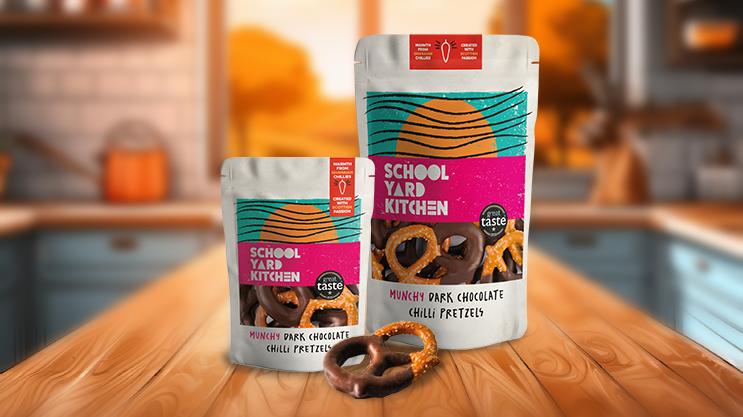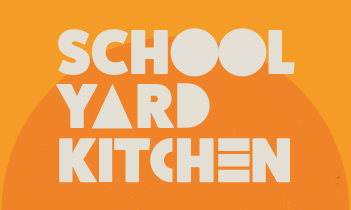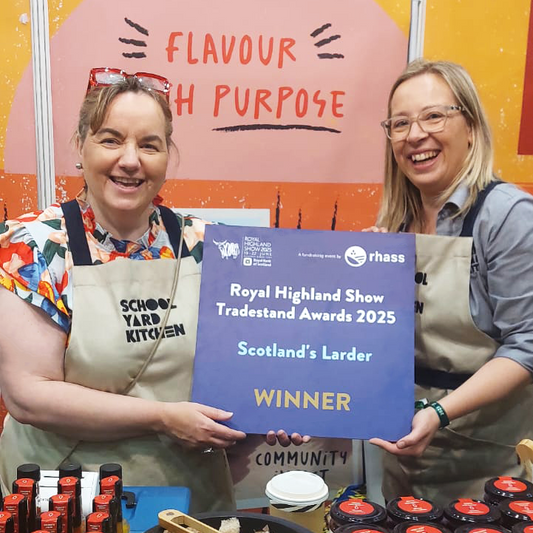Child labour is a harsh reality that continues to plague many industries around the world, including the cocoa supply chains. The use of child labour in cocoa production is a serious issue that cannot be ignored. It is important to understand the extent of this problem and what can be done to address it.
What is Child Labour in Cocoa Supply Chains?
Child labour in cocoa supply chains refers to the use of children in the production of cocoa beans. These children, often as young as 5 years old, are forced to work long hours in hazardous conditions on cocoa farms. They are deprived of education, proper nutrition, and a childhood free from exploitation.
Why Does Child Labour Exist in Cocoa Supply Chains?
There are several reasons why child labour persists in cocoa supply chains. Poverty is a major factor, as many cocoa-producing regions are plagued by extreme poverty. This forces families to rely on child labour as a means of survival. Additionally, the lack of enforcement of labour laws and regulations in these regions allows for the exploitation of children to continue unchecked.
What Can Consumers Do to Help?
As consumers, we have the power to make a difference. By choosing to support companies that are committed to ethical sourcing practices and transparency in their supply chains, we can help combat child labour in the cocoa industry. Look for certifications such as Fair Trade or Rainforest Alliance when purchasing chocolate products, as these indicate that the cocoa was sourced responsibly.
How Can the Industry Address Child Labour?
The cocoa industry must take responsibility for addressing child labour in its supply chains. This includes implementing and enforcing strict labour standards, providing education and support to cocoa-growing communities, and investing in sustainable practices that benefit both farmers and their families. Collaboration among industry stakeholders, governments, and non-profit organisations is essential in creating lasting change.
Child labour in cocoa supply chains is a complex issue that requires a multi-faceted approach to solve. By raising awareness, supporting ethical practices, and advocating for change, we can work towards a future where children are no longer exploited in the production of cocoa.
What does School Yard Kitchen do?
The cocoa beans we've purchased so far are Fairtrade and organic certified. For our next batch, we hope to source from members of the Chamber of Farmers Ghana—small subsistence farmers who are working towards their Fairtrade and organic certification. In the meantime, we have two development workers based in Okadjakrom who personally know the farmers and actively monitor their practices to ensure there is no forced child labour.




